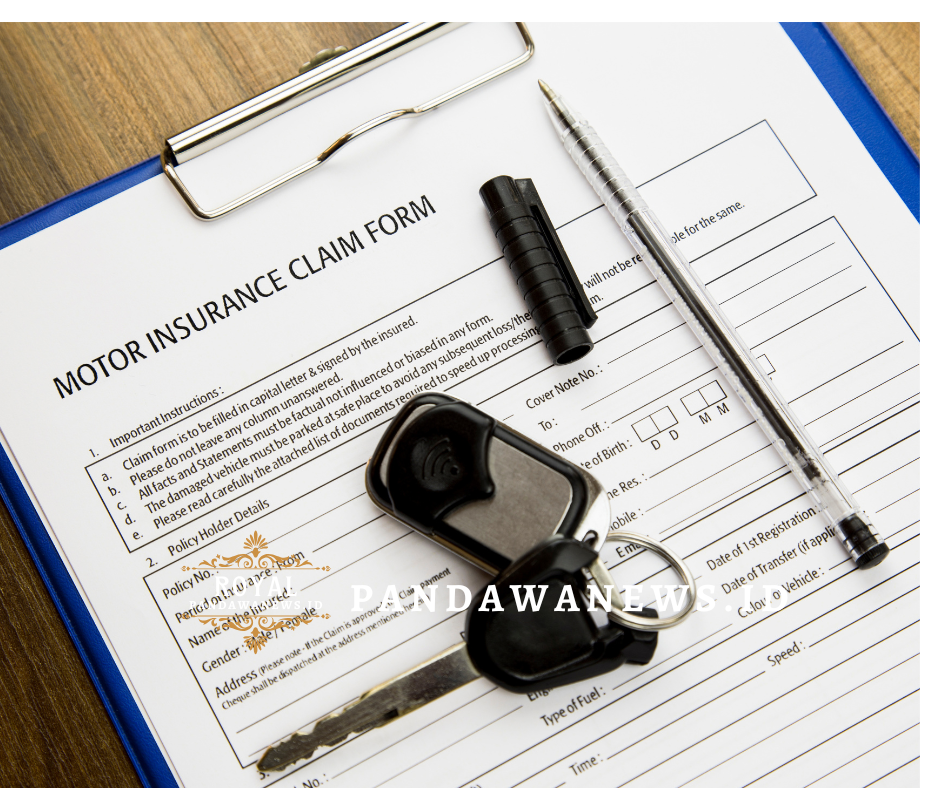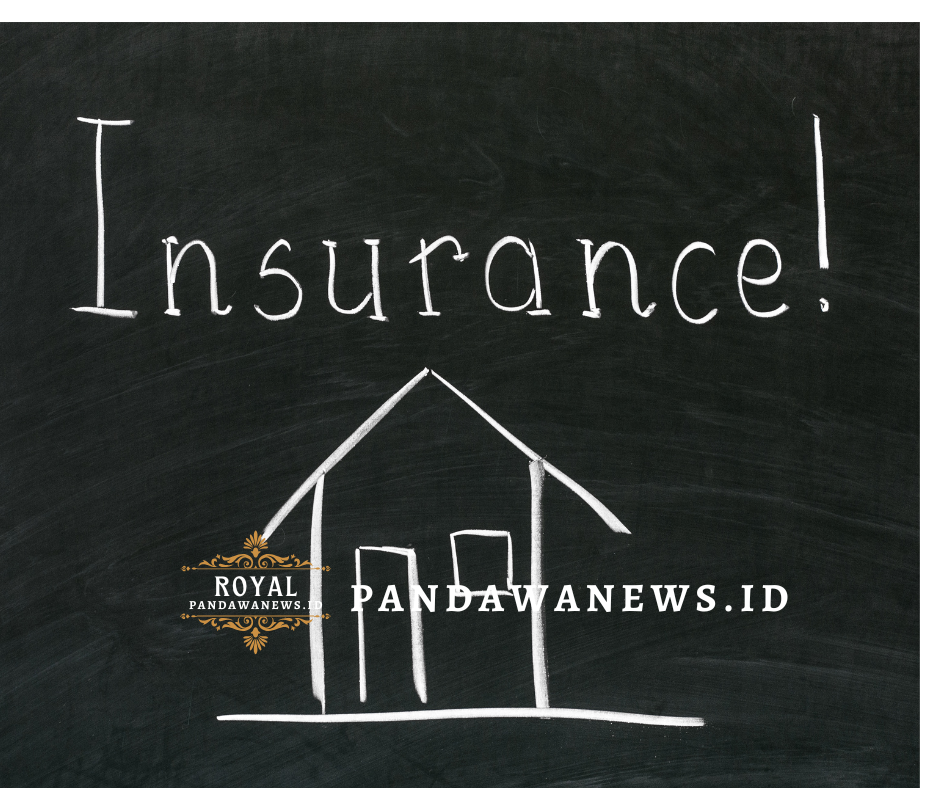Life insurance is designed to provide financial security to your loved ones when you pass away. But did you know there are situations where your claim could be denied?
Iklan Google AdSense
In this guide, we’ll break down the most common exclusions — so you know exactly what life insurance doesn’t cover and how to stay protected.
1. Suicide Within the First Two Years
Most life insurance policies have a suicide clause that excludes coverage if:
Iklan Google AdSense
-
The policyholder dies by suicide within the first two years (varies by country)
-
Instead of a full payout, the insurer may return the premiums paid
💡 After the waiting period, suicide is usually covered.
2. Fraud or Misrepresentation
If you lie or omit important information when applying — such as:
-
Pre-existing health conditions
-
Tobacco or drug use
-
Risky occupations or hobbies
The insurer can deny the claim due to fraudulent disclosure.
📌 Always answer application questions honestly to avoid losing coverage.
3. Death During Criminal Activity
If the insured dies while committing a crime (e.g., robbery, assault), the claim may be denied.
Example:
A person dies in a police chase after a robbery — their life insurance likely won’t pay out.
⚖️ This exclusion exists in most standard policies worldwide.
4. Risky or Dangerous Activities
Certain high-risk hobbies or jobs may be excluded unless:
-
Disclosed in the application
-
Covered through additional riders
Common excluded activities:
-
Skydiving
-
Scuba diving
-
Racing (cars, motorcycles)
-
Mountaineering
🧗 If these are part of your lifestyle, get a policy that explicitly includes them.
5. War or Military Action (War Exclusion Clause)
Some life insurance policies exclude:
-
Death during acts of war
-
Death while serving in combat zones
This applies mostly to active military members or individuals in war-risk regions.
🪖 Specialized military life insurance is available for such cases.
6. Death Due to Alcohol or Drug Abuse
If the insured dies as a result of:
-
Alcohol overdose
-
Illegal drug use
-
Driving under the influence (DUI)
Then the claim may be rejected, especially if substance use was not disclosed.
🚫 Policies often exclude deaths linked to intoxicated behavior.
7. Participating in Civil Unrest or Riots
If the insured dies while involved in:
-
Violent protests
-
Riots or political unrest
-
Terrorist activity
Insurance companies may invoke public disorder exclusions.
8. Policy Lapse (Unpaid Premiums)
If your policy lapses due to missed payments, the insurer isn’t obligated to pay.
✅ Many companies offer grace periods (usually 30 days). Always keep your policy current.
9. Death Outside Covered Countries
Some policies limit coverage based on geography. Exclusions may apply if:
-
You die in a restricted or sanctioned country
-
You travel or live abroad without informing the insurer
🌍 Let your provider know if you’re relocating long-term or visiting high-risk regions.
10. Self-Inflicted Injury (Non-Suicidal)
If death results from intentional self-harm (e.g., extreme fasting, self-surgery, etc.) not classified as suicide, insurers may decline the claim.
Quick Summary Table
| Excluded Scenario | Covered? | Notes |
|---|---|---|
| Suicide (first 2 years) | ❌ | Covered after waiting period |
| Criminal acts | ❌ | No payout if death occurs during a crime |
| Drug/alcohol-related death | ❌ | Excluded if abuse involved |
| Risky hobbies (undisclosed) | ❌ | Must be declared for coverage |
| War or terrorism | ❌ | Often excluded; check policy |
| Civil unrest | ❌ | If active participant |
| Lapsed policy | ❌ | No coverage without premium payments |
| Fraudulent application | ❌ | Entire policy can be voided |
How to Protect Yourself from Exclusions
-
Disclose honestly: Be transparent about your health, hobbies, and travel plans.
-
Read the fine print: Understand your policy’s exclusions and riders.
-
Ask for clarification: Speak to a licensed insurance agent if unsure.
-
Keep your policy active: Set reminders for premium due dates.
-
Update your provider: Notify your insurer of lifestyle or location changes.
Conclusion
Knowing what life insurance doesn’t cover is just as important as knowing what it does.
By staying informed and transparent, you can ensure your policy is effective and your loved ones are protected when it matters most.
🛡️ Always review your exclusions — and never assume something is covered without checking.
Iklan Bersponsor Google










